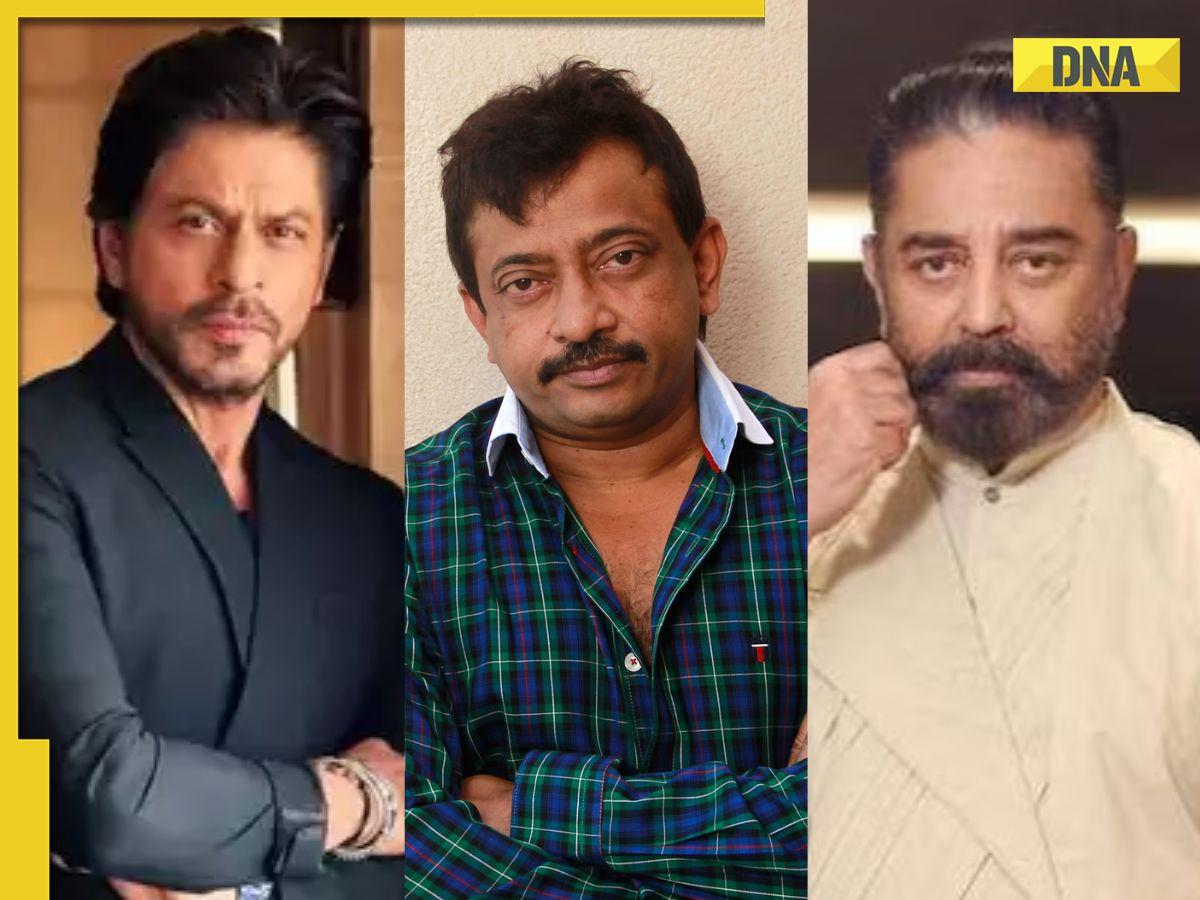
Filmmaker Ram Gopal Varma has shared some intriguing behind-the-scenes stories about his critically acclaimed 2002 film *Company*. In a recent revelation on his YouTube channel, Varma disclosed that the final cast of Ajay Devgn, Vivek Oberoi, and Mohanlal weren’t his initial choices for the roles they played, and he had initially considered Bollywood heavyweights like Shah Rukh Khan and Kamal Haasan for pivotal parts. *Company* was the second film in Varma’s Indian Gangster Trilogy, following the success of *Satya* in 1998. The gripping narrative featured characters based on real-life underworld figures such as Dawood Ibrahim and Chhota Rajan.
**The Unfolding of *Company*’s Cast**
Varma’s imagination ran wild as he dabbled with the casting for *Company*. The character of N. Malik was intriguingly based on Dawood Ibrahim, while Chandrakant “Chandu” Nagre, portrayed by Vivek Oberoi, was based on Chhota Rajan. These roles needed actors who could bring the raw intensity and authenticity the script demanded.
**Shah Rukh Khan as Dawood Ibrahim?**
According to Varma, at one point, he seriously considered casting Shah Rukh Khan for the role of Dawood Ibrahim. In his candid discussion, Varma elaborated, “At one point in time, I wanted Shah Rukh. I met Shah Rukh, and he was excited. I wanted Shah Rukh for Dawood. But I felt that he’s very hyper; his energy, the way he is… That’s what people like. I thought, to make him very subtle – not moving at all and very silent — I thought it would look very odd on screen. Which is the reason I didn’t pursue it. I just had one meeting with him, but I didn’t pursue him because I just felt that his body language was wrong for the part.”
Despite Shah Rukh Khan’s immense popularity and versatile acting skills, Varma had a specific vision for the role of Dawood Ibrahim, requiring someone with a more restrained and subtle demeanor, which he felt SRK couldn’t embody convincingly on-screen.
**Abhishek Bachchan as Chandru**
Another revelation was Varma’s initial plan to cast Abhishek Bachchan as Chandru. Varma stated, “I wanted Abhishek Bachchan for the role, but he was busy with other projects, and that’s how Vivek got his debut movie.
.” Abhishek Bachchan, at that time, was already making headlines with his emerging career and came from a family with a rich legacy in Bollywood, which made him a favorable choice for Varma. However, due to scheduling conflicts, the role ultimately went to Vivek Oberoi, marking his debut and propelling him into the limelight.
**Mohanlal: The Last-Moment Call**
In the trilogy’s second installment, Mohanlal played an integral role, marking his debut in Hindi cinema. Varma revealed that before finalizing Mohanlal, he had approached Kamal Haasan for the role. He detailed, “However, after meeting him, Varma felt the same as he felt about SRK. So, that’s how Mohanlal was finalized for the role.”
Kamal Haasan, a stalwart in Indian cinema known for his method acting and plethora of accolades, was an ideal candidate. However, similar to his reservations with Shah Rukh Khan, Varma felt that Haasan’s persona might not blend seamlessly with the character he envisioned. Mohanlal’s portrayal, however, was met with critical acclaim and was a significant milestone in his illustrious career.
**The Aftermath of Varma’s Choices**
Varma’s choices for the final cast of *Company* undeniably left a lasting impact on Indian cinema. Ajay Devgn’s compelling performance, Vivek Oberoi’s impressive debut, and Mohanlal’s crossover to Hindi films culminated in a film regarded as one of Varma’s finest works. The film was a testament to Varma’s keen eye for talent and his daring choices that often went against conventional casting norms.
The bold narrative and gripping portrayal of underworld dynamics bolstered *Company*’s status as a cult classic. Following *Company*, the trilogy concluded with the 2005 film *D* featuring Randeep Hooda, which, although not as successful at the box office, contributed to the overarching story.
**Varma’s Confessions and Reflections**
Varma’s revelations offer a glimpse into the intense processes and difficult decisions filmmakers endure to see their visions come to life on screen. His reflections demonstrate that casting is not merely about choosing popular faces but involves a nuanced understanding of characters and their on-screen dynamics.
As fans and cinema enthusiasts digest these insights from Varma, it underscores the intricate tapestry of decisions that shape the stories we watch and cherish. Ram Gopal Varma’s candid confessions remind us that behind every great film is a series of judicious, albeit sometimes surprising, decisions that pave the way for cinematic excellence.












